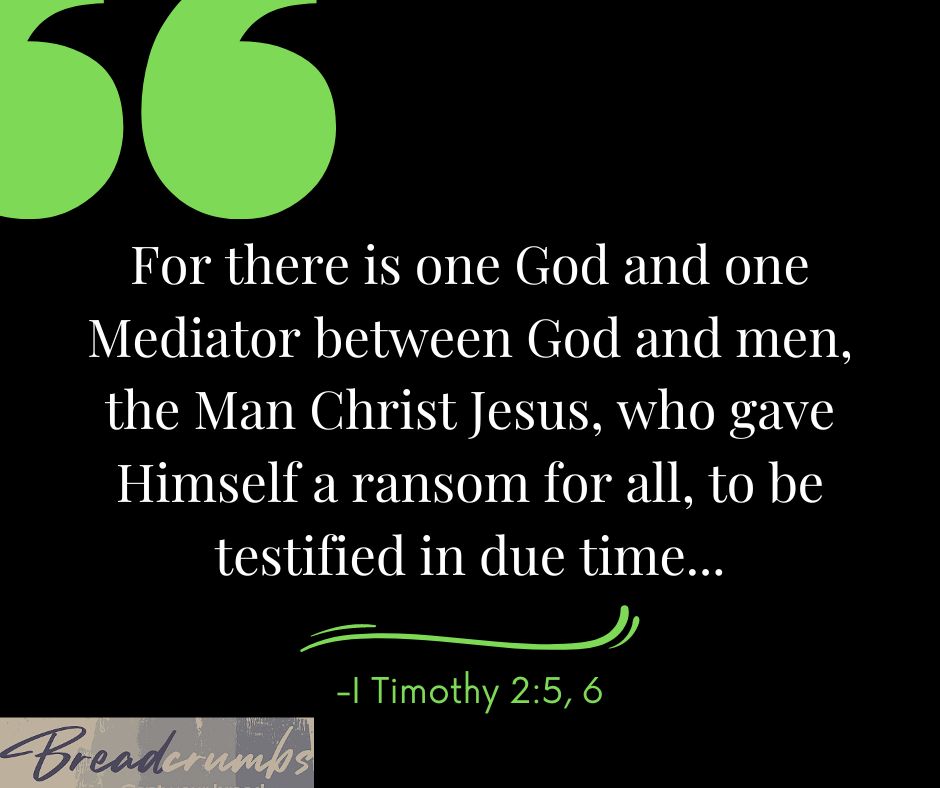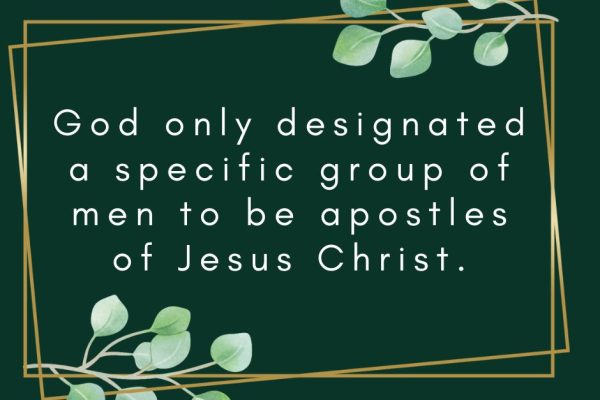
Job noticed a problem:
“For He is not a man, as I am,
That I may answer Him,
And that we should go to court together.
Nor is there any mediator between us,
Who may lay his hand on us both.
(Job 9:32-33, Unless otherwise stated: Scripture is taken from the New King James Version®. Copyright © 1982 by Thomas Nelson, Used by permission. All rights reserved)
In Job 19:23-25, he pleaded:
“Oh, that my words were written!
Oh, that they were inscribed in a book!
That they were engraved on a rock
With an iron pen and lead, forever!
For I know that my Redeemer lives,
And He shall stand at last on the earth…”
It has been argued that Job could have little to no understanding of God’s plan of bringing Jesus into the world to redeem mankind from our sins. Whatever knowledge Job may or may not have had, it is clear that it did not prevent his understanding and desire for some kind of a redeemer.
He felt far from God, unheard, and unrepresented. Not knowing why these things had happened to him, and feeling like he had no recourse to lodge his complaint, he wished for the posterity of his words.
His words have endured and, whether he anticipated it or not, we have the perfect mediator between God and men, “the Man Christ Jesus” (I Timothy 2:5).
Job’s words have lasted as a testament and example of patience for us, today (Jas 5:11). They show us that, no matter how long, no matter how we might not understand, and no matter how difficult, God is there for the faithful. He is working a greater plan through us than we could ever imagine.
Patience,
Van




